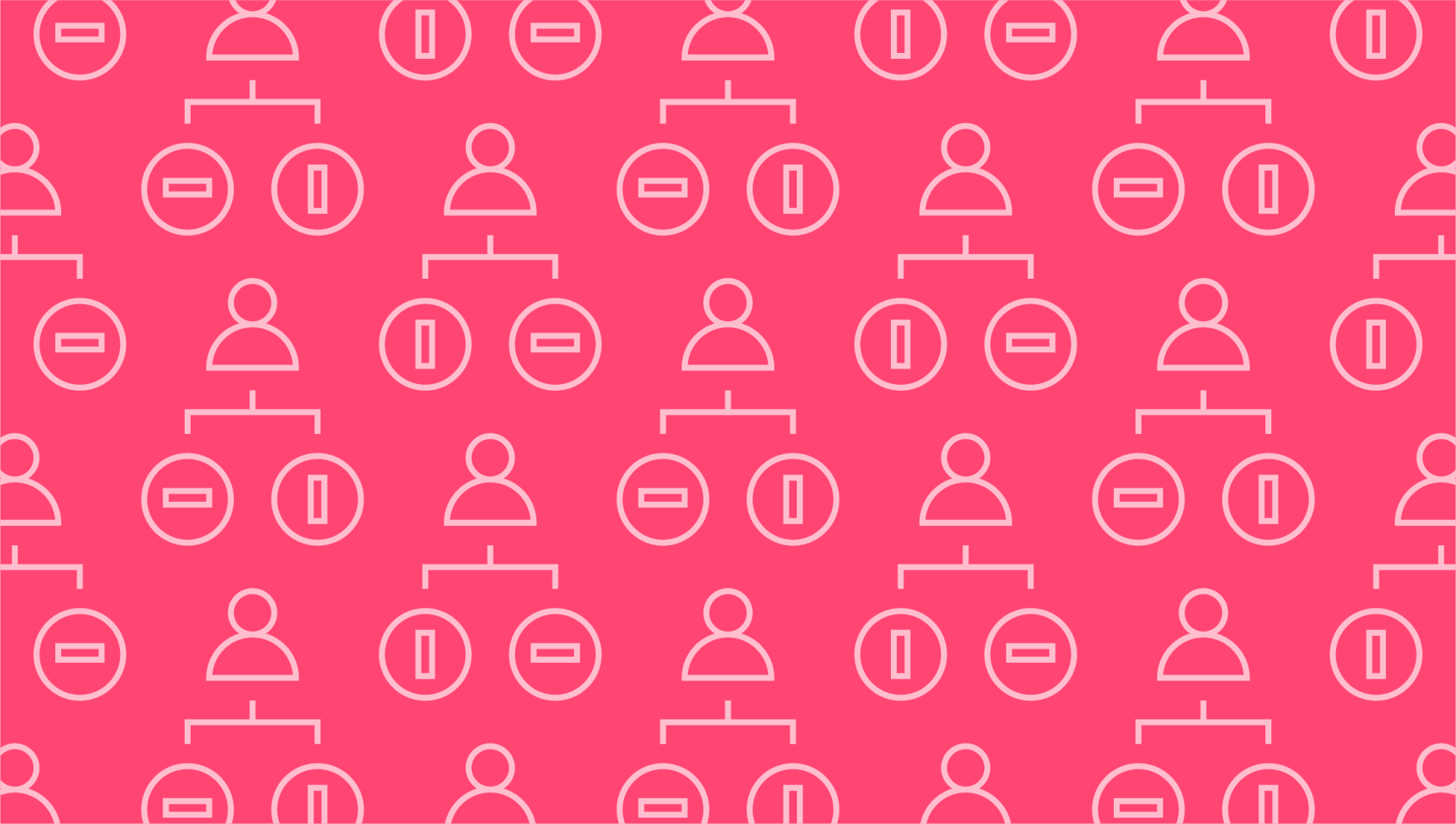Last editedMay 20212 min read
When comparing different economic systems like capitalism vs socialism, you might see the term ‘laissez-faire’ referenced. Find out what laissez-faire means and how it’s used in economics with our guide below.
What are laissez-faire economics?
The concept of laissez-faire in economics is a staple of free-market capitalism. The theory suggests that an economy is strongest when the government stays out of the economy entirely, letting market forces behave naturally.
In laissez-faire policy, the government’s role is to protect the rights of the individual, rather than regulating business in any way. The term ‘laissez-faire’ translates to ‘leave alone’ when it comes to economic intervention. This means no taxes, regulations, or tariffs. Instead, the market should be completely free to be led by the natural laws of supply and demand.
The origins of laissez-faire economics date back to 18th century France during the Industrial Revolution. Businesses at the time wished to be left alone to operate free from government policies, which involved heavy import tariffs. In classical economics, Adam Smith was a proponent of the idea in writings like ‘Wealth of Nations’ which put a premium on individual liberties and leaving economies to be dictated by the market.
Guiding principles of laissez-faire capitalism
There are several key principles involved with laissez-faire policy.
The individual is society’s basic unit.
Everyone carries a natural right to personal freedom.
Nature is capable of self-regulation.
Based on these principles, laissez-faire economics endorse a system of capitalism, in which private parties control the means of production. Rather than regulating the market, the government should let capitalism run free without interference.
Another tenet of this theory is the idea of a free market economy according to natural laws of supply and demand. Free market theory states that if prices are set too high, consumers will not pay for goods and services and the market will naturally correct itself.
Finally, rational market theory is a fundamental principle in laissez-faire economics. This assumes that investors base their actions on facts and logic, taking emotions out of the equation.
Laissez-faire examples
A purely laissez-faire economy has yet to be seen, but governments have applied some of its principles. Here are a few laissez-faire examples you can see at play in the real world:
Trickle-down economics: Former US President Ronald Reagan was a major believer in trickle-down economics in the 1980s. Based on laissez-faire policy, it allowed private businesses to make as much money as possible without intervention in the idea that this wealth would trickle down to individuals.
Tax cuts: When governments cut taxes to stimulate the market, this is based on laissez-faire theory as well. The idea is that removing regulations or taxes helps put more money into the market by encouraging spending.
Privatising state assets: When the government sells state assets, such as transport or postal services, this is laissez-faire economics at work.
Benefits of laissez-faire policy
There are distinct advantages to this type of policy, which is why it’s an idea that has endured for over two centuries.
Free trade gives countries the chance to mutually benefit from transactions
It cuts down on inefficient government bureaucracy
Laissez-faire capitalism creates incentives for entrepreneurs to work harder and be more productive
Start-up businesses are given more freedom to take risks
It drives innovation by freeing up businesses to be more creative without regulation
Without taxation, businesses are given more spending power
Criticisms of laissez-faire economics
While there are many benefits to laissez-faire economics in theory, in reality there are also some legitimate concerns. Here are a few criticisms of this type of theory.
It leads to wealth disparities and income inequality.
Wealth becomes concentrated in established circles, with start-ups struggling to compete
Lack of regulation leads to monopolies that charge higher prices and restrict supply
It doesn’t take natural human emotions into account, as markets aren’t always driven by logic
While an economy cannot be based on laissez-faire principles alone, it has some worthwhile concepts to inspire innovation and growth in businesses. Most capitalist economies choose to blend the strictest principles with government intervention like taxes to minimise inequality and provide better services.
We can help
GoCardless helps you automate payment collection, cutting down on the amount of admin your team needs to deal with when chasing invoices. Find out how GoCardless can help you with ad hoc payments or recurring payments.

